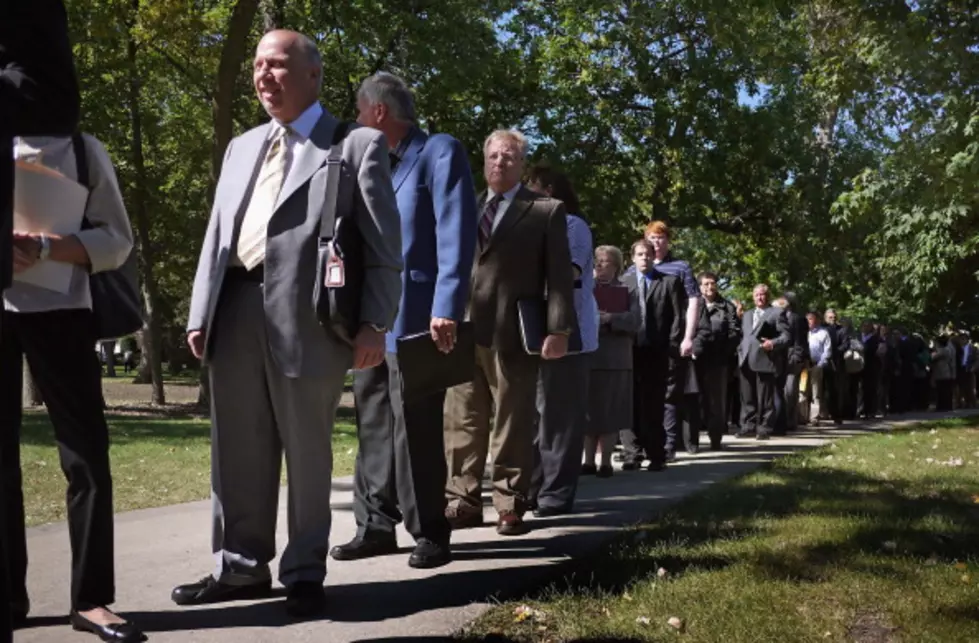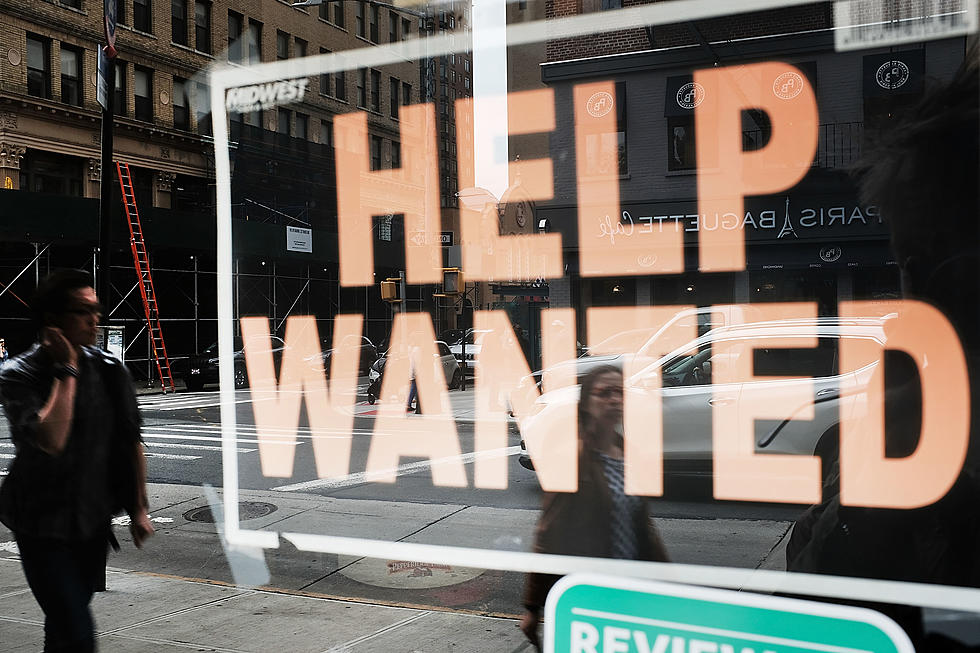
Fewer Layoffs, Lower Inflation Give Economy a Lift
The economy is off to a fast start in 2012. The outlook for hiring is improving now that unemployment benefit applications are near a four-year low. Inflation is tame, business travel is rising and the depressed housing market is showing signs of improvement after three dismal years.
That's the picture shaped by a flurry of data Thursday. And it follows other reports showing the economy started the year with vitality. Companies are hiring more workers, consumer confidence is up, factories are cranking out more goods and bank lending is on the rise.
Economists are optimistic. But they caution that it is too early to say the recovery is accelerating.
"There's no doubt that the economy is getting better, we just shouldn't get carried away," Mark Vitner, an economist at Wells Fargo, said. "We haven't shifted into a higher gear."
Even with six months of solid job growth, unemployment remains painfully high at 8.5 percent. Inflation-adjusted wages fell over the past year. Housing continues to weigh on the economy. And a recession in Europe is expected to weaken growth in the U.S. and abroad.
Still, Thursday's reports were encouraging:
-- Fewer people sought unemployment benefits last week than at any time in nearly four years, the Labor Department said Thursday.
Applications last week totaled just 352,000 after the biggest seasonally adjusted drop in more than six years. The four-week average, which smooths out fluctuations, dropped to 379,000, the second-lowest such figure in more than three years. When weekly applications fall consistently below 375,000, it usually signals that hiring is strong enough to push down the unemployment rate.
-- Manufacturing expanded in the Northeast in January, according to surveys by the Federal Reserve banks of New York and Philadelphia. That follows a report from the Fed that said factory output across the country surged in December by the most in a year.
-- Inflation appears to be peaking after rising steeply last year. Consumer prices were unchanged in December, in part because gas is cheaper. Lower inflation gives consumers more spending power and allows the Fed more leeway to keep interest rates low.
-- Total spending on business travel rose 7.6 percent last year, the Global Business Travel Association said last week. That helps companies like Southwest Airlines, which reported higher fourth-quarter profit and revenue.
-- Union Pacific Corp., the nation's largest rail operator, says it transported more cars, oil, industrial parts and chemicals in the final quarter of last year. CEO Jim Young predicted "slow but steady economic growth in 2012."
-- JPMorgan Chase, the nation's largest bank, said its lending to businesses rose 12 percent in the October-December quarter compared to the same period a year earlier. Tight credit has been a major reason why smaller businesses have been unable to expand and hire more workers.
A recovery hinges on strong job growth. Hiring was solid in the final six months of last year, capped by December's net increase of 200,000 jobs.
Still, the job market has a long way to go before it fully recovers from the damage of the Great Recession, which wiped out 8.7 million jobs. More than 13 million people remain unemployed.
Millions more have given up looking for work and so are no longer counted as unemployed.
And wages aren't keeping up with inflation. The department said in a separate report Thursday that average inflation-adjusted hourly earnings dropped 0.9 percent last year.
Without more jobs and higher pay, consumers might have to cut back on spending. That would weigh down growth next year. Consumer spending accounts for about 70 percent of the economy.
Another major hurdle is housing. In December, builders ended their third straight year of dismal home construction. And 2011 was the worst on record for single-family home building, the Commerce Department said.
Still, signs of improvement surfaced toward the end of the year, when builders started more single-family homes in each of the last three months.
And the average rate on the 30-year mortgage fell to a record low of 3.88 percent this week, according to Freddie Mac, the eighth record in the past year.
So far, low rates have done little to boost home sales. But a survey of homebuilders this week showed many are more optimistic about this year after seeing a rise in the number of people looking to buy.
"We expect further sustained gains in starts and permits over the next few months; a real recovery is getting started," said Ian Shepherdson, chief U.S. economist at High Frequency Economics.
(Copyright 2012 by The Associated Press. All Rights Reserved.)
More From New Jersey 101.5 FM









